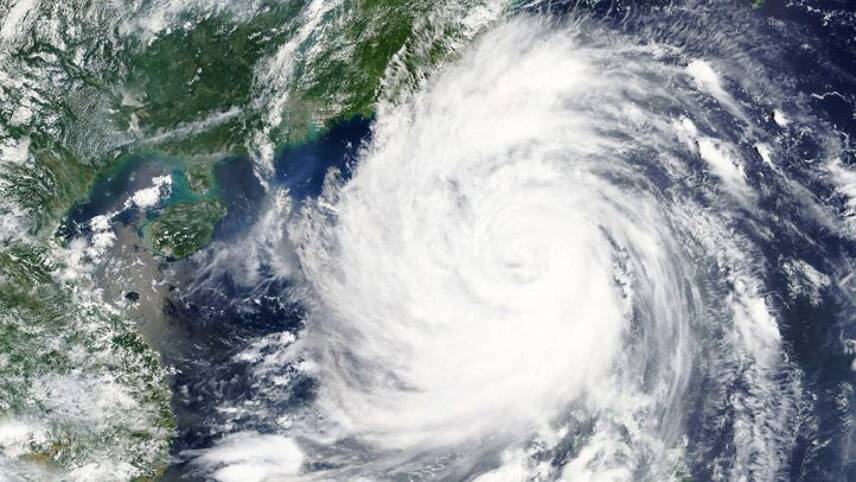Register for free and continue reading
Join our growing army of changemakers and get unlimited access to our premium content

Just six months ago
The latest analysis from the Energy and Climate Intelligence Unit (ECIU), a London-based think-tank, found that more than $34trn in annual GDP is covered by nations where targets are under active political discussion, where leaders have made a political declaration, where legislation is under development and where it has been enacted. The think-tank’s tracker also notes that Bhutan and Suriname are already absorbing more greenhouse gases than they emit.
ECIU’s director Richard Black said: “The majority of these cities, regions and countries have neither a legally-binding commitment nor a mechanism to achieve their targets, so, for the most part, these are as yet only aspirations.
“Nevertheless, it’s startling that little more than a year after science showed the rationale for reaching global net-zero by 2050, national and local governments covering two-fifths of the world’s GDP have said publicly that their locality should step up.”
The analysis found that more than $5trn derives from the UK, which passed net-zero legislation in June, and California, where Governor Jerry Brown last year signed an executive order mandating carbon neutrality by 2045.
A further $5.6trn is covered by Germany and Tokyo, two areas that have declared commitments to set net-zero targets. Sweden, France and New Zealand have already legislated net-zero laws, while Chile and Fiji are examining proposed legislation.
GDP increase
Just six months ago, analysis by the ECIU found that 16% of GDP was covered by net-zero carbon emission ambitions, with fifteen nations, states and regional areas intending to reach the target by 2050.
That news followed the UK declaring a climate emergency and laying legislation before Parliament on net-zero as one of prime minister Theresa May’s final policy announcements.
It also comes as the UK is set to host COP26, the UN climate summit in December 2020 with governments due to further Paris Agreement plans and outline how they aim to cut emissions more deeply across the next 30 years up to 2050. The ECIU report calls on COP26 to be a ‘net zero’ summit, involving civil society, academia, business and the finance sector in planning to expand the spread of net-zero targets and delivery of net-zero economies.
The number of nations discussing net-zero legislation has ratcheted up following the publication of the Intergovernmental Panel on Climate Change (IPCC) landmark report in 2018.
The IPCC Special Report document warns that the world is already 1C warmer than pre-industrial levels, and that an increase to 2C would significantly worsen the risks of drought, floods, extreme heat and poverty for hundreds of millions of people. The report predicts that if the world can become carbon-neutral by 2047, we will have a 66% chance of meeting the most ambitious end of the Paris Agreement pledge.
Matt Mace


Please login or Register to leave a comment.